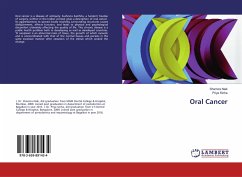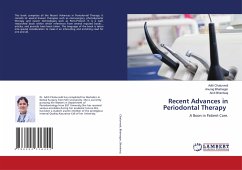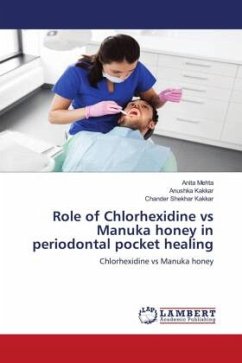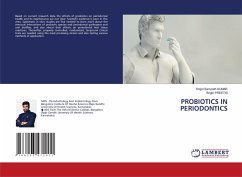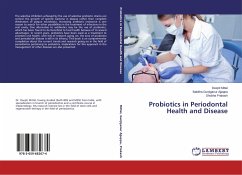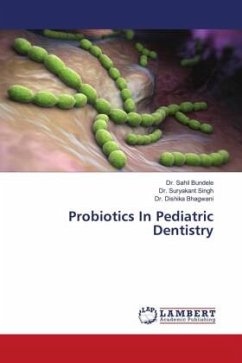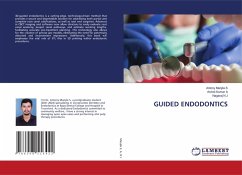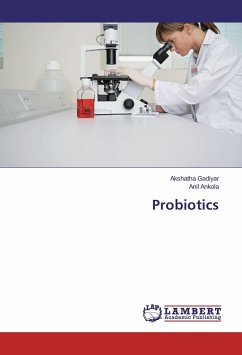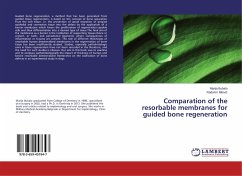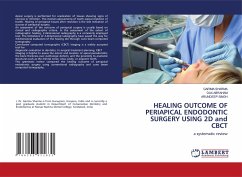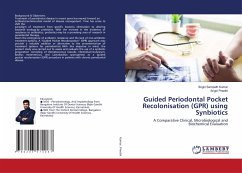
Guided Periodontal Pocket Recolonisation (GPR) using Synbiotics
A Comparative Clinical, Microbiological and Biochemical Evaluation
Versandkostenfrei!
Versandfertig in 6-10 Tagen
47,99 €
inkl. MwSt.

PAYBACK Punkte
24 °P sammeln!
Background & Objectives:Treatment of periodontal disease in recent years has moved toward anantibiotic/antimicrobial model of disease management. Time has come to shift theparadigm of treatment from specific bacteria elimination to altering bacterial ecology by probiotics. With the increase in the incidence of resistance to antibiotics, probiotics may be a promising area of research in periodontal therapy.Given the emergence of antibiotic resistance and the lack of non-antibiotic treatment options, A "Guided Pocket Recolonization" (GPR) approach may provide a valuable addition or alternative t...
Background & Objectives:Treatment of periodontal disease in recent years has moved toward anantibiotic/antimicrobial model of disease management. Time has come to shift theparadigm of treatment from specific bacteria elimination to altering bacterial ecology by probiotics. With the increase in the incidence of resistance to antibiotics, probiotics may be a promising area of research in periodontal therapy.Given the emergence of antibiotic resistance and the lack of non-antibiotic treatment options, A "Guided Pocket Recolonization" (GPR) approach may provide a valuable addition or alternative to the armamentarium of treatment options for periodontitis. With this objective in mind, the present study was carried out to assess and evaluate the use of a synbiotic preparation consisting of (Streptococcus faecalis, Clostridium butyricum, Bacillus mesentericus, and Lactobacillus sporogenes) as a guided pocket recolonisation (GPR) procedure in patients with chronic periodontal disease.



